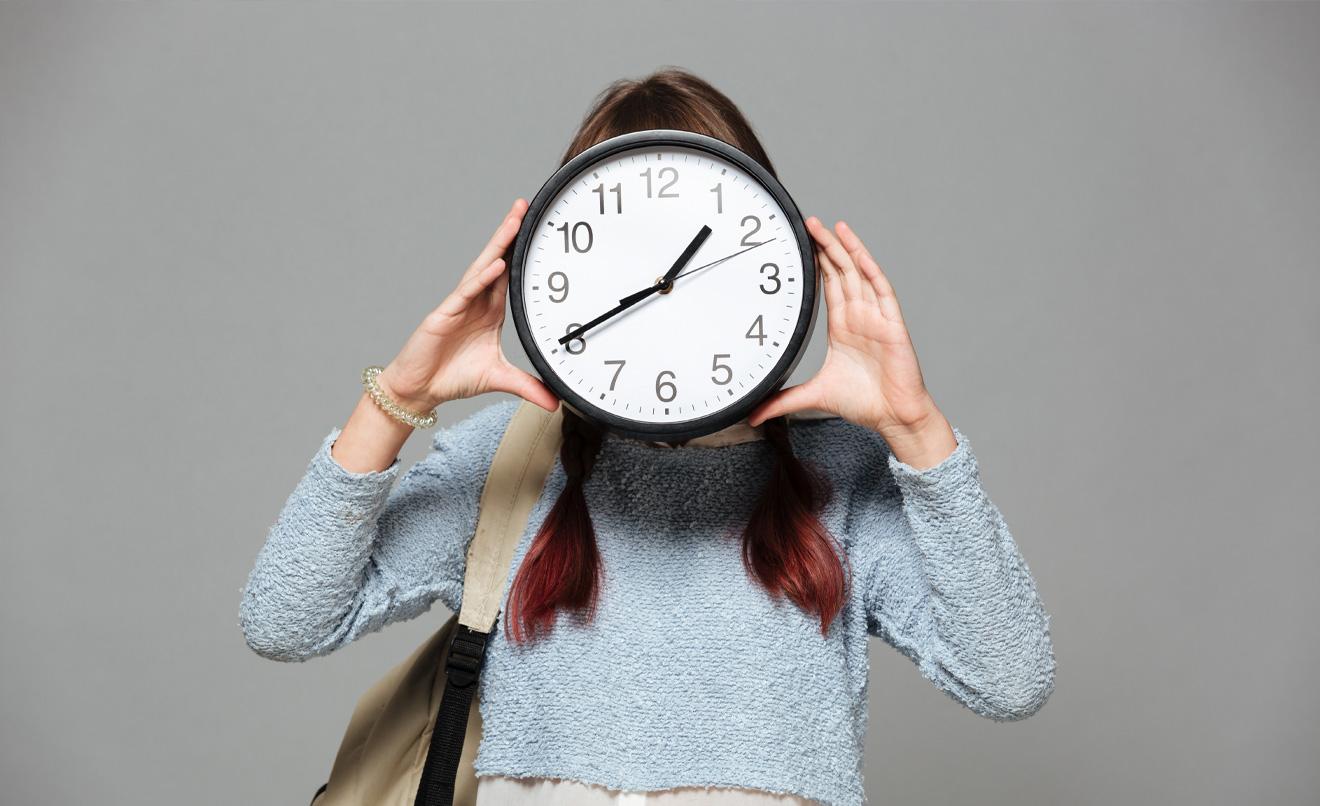
The debate about shifting clocks is back
again, and this week-end we are doing it again. On the night from Saturday to
Sunday, clocks are turning back one hour from 3 am to 2 am.
But why questioning changing clocks this
often? Because it has consequences for our health. Many studies have manifested
that this change affects our organism in general, and especially in children
and the elderly. It causes sleep alterations that affect us at a hormonal and
emotional levels. On average, the general population takes between four and
five days to adapt, but for more sensitive people, it can take more time.
The most important and immediate
consequence of time shifting is an alteration of melatonin, which the hormone
that regulates the sleep and wake cycle, based on sunlight.
This breaks our biological clock down and
may cause symptoms similar to those of jet lag; fatigue, general tiredness,
somnolence during the day, difficulty falling asleep at night, irritability,
problems focusing and a decreased physical and intellectual performance.
As a general concept, there are two ways of
“not sleeping well”. The first is when we go to bed and have trouble falling
asleep. The second one consists on falling asleep instantly but waking up some
our after.
Ifor both cases, there are natural remedies
that can help us, like melatonin for the first case, and sedative and relaxing
plants in the second one.
Melatonin
Melatonin is a substance released naturally
by our nervous system during resting times. It controls the sleep-wake cycles.
Moreover, it also increases our defences, enhancing our immune system and
reducing the effect of free radicals in our body. The latter slows down
premature ageing.
Against changing clocks, in the situation
of shift workers, insomnia linked to age or the jet lag syndrome, our organism
needs a supplement based on melatonin.
Californian
Poppy (Eschscholtzia
californica Cham.)
Californian poppy extract induces sleep,
while calming agitation states, nervousness and irritability, improving the
quality of sleep. At the same time, it reduces the times people wake up at
night and nightmares.
Valerian (Valeriana
officinalis L.)
Valerian root is a medicinal plant that
acts as a sedative of the central nervous system. It has calming and relaxing
properties that facilitates falling asleep and reduce the times people wake up
during the night.
Passionflower (Passiflora incarnata L.)
This plant is highly appreciated for tis
anxiolytic, calming and sleep-inducing properties. It is useful to mitigate
anxiety caused by nocturnal waking up by ruminating everyday problems. Helping
falling sleep without producing the terrible feeling of disorientation when
waking up in the day.
Lavender (Lavandula spica D.C)
Lavender stands out thanks to its sedative
properties and balancing effects over the nervous system. The flower and leaves
have essential oil rich in limonene, which is the substance that grants the
plant that pleasant smell.